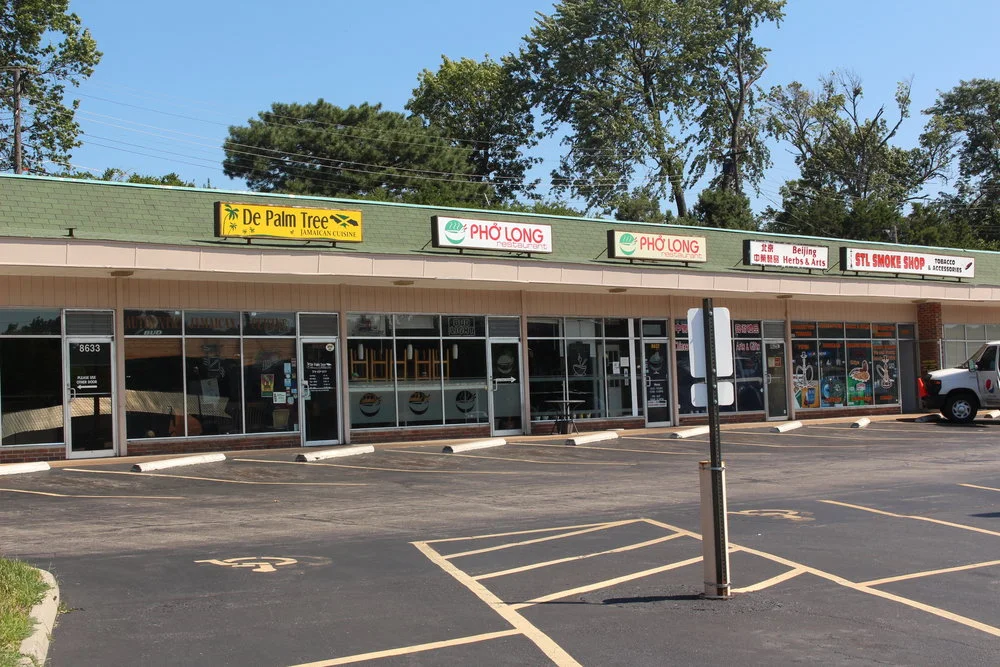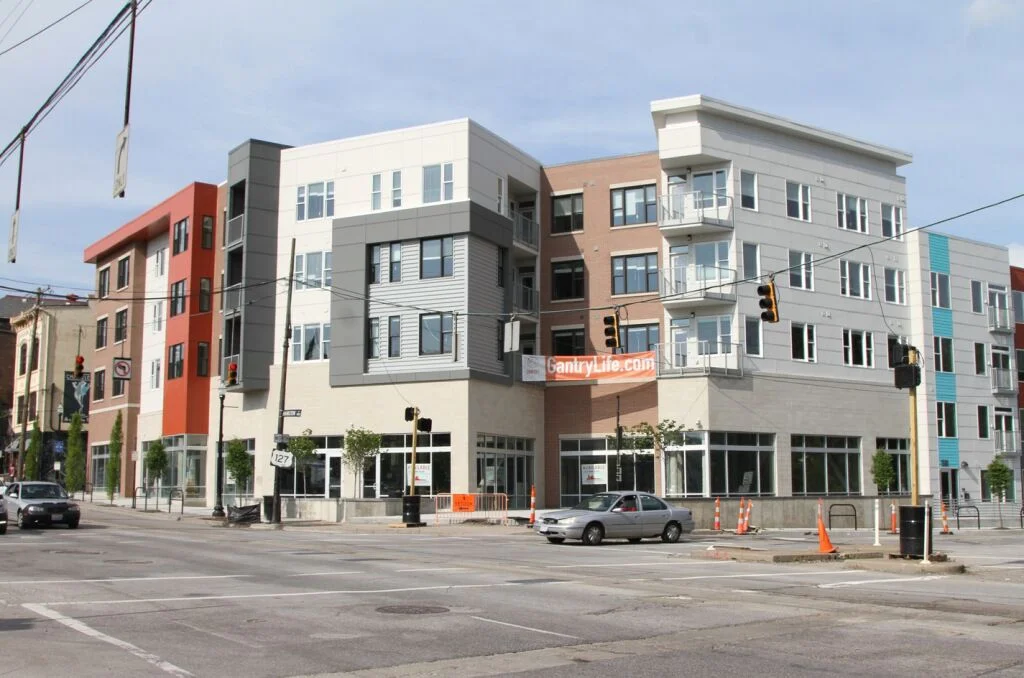Using tax incentives to subsidize retail is a lose-lose game that St. Louis's suburbs, desperate for short-term revenue, have been playing for too long. University City is mortgaging its future and selling out its small businesses with a $70 million subsidy for big-box development.
Read MoreAccessory Dwelling Units (ADUs) are a quintessentially Strong Towns approach to urban growth and affordability issues: bottom-up, decentralized, incremental, scalable and adaptable. Unfortunately, a litany of restrictions often makes them an unappealing option even where allowed.
Read MoreIf your growth strategy only works as long as wealthy people live in your town, your growth strategy is deeply fragile.
Read MoreThe belief that we’re going to radically transform our cities from the top down defies reality. Despite widespread anxiety about urban growth and change, the vast majority of places aren’t changing very much at all.
Read MoreTexas has a history of aggressively using tax incentives to lure big business: a misguided economic development approach that produces little if any public benefit. Dallas’s bid for Amazon’s second headquarters falls right in line with this unfortunate pattern.
Read MoreDevelopment impact fees are supposed to “make development pay its own way.” But if your development pattern is fundamentally unproductive, they don’t. They’re a one-time cash hit in exchange for taking on a permanent liability.
Read MoreTwo large development projects currently working their way through the public engagement and approvals process illustrate why suburban retrofit is a really tough proposition to stake our future on.
Read MoreIs it magical thinking to expect the transition from car-dependent to walkable places to happen organically? When, and how, do we need a catalyst to jump-start that process?
Read MoreCobb County, Georgia, has long been all-in on debt-fueled, unsustainable growth, and faces a tough road ahead as poverty grows and its ability to provide services declines. What are some rational responses to this predicament?
Read MoreHomeownership is supposed to be the path to wealth and a comfortable retirement, but for millions of Americans, it never was. One central reason is that we’ve embraced a development pattern in which new places cannibalize the wealth of old places.
Read MoreThose who benefit from an investment should pay for it. If they're unwilling to pay what it actually costs, it's a good sign that the project should never have happened in the first place.
Read MoreOne of the best ways to deeply understand the place you live is to slow down—way down—the way you get around it.
Read More"Developers in my city are only building luxury housing. They're not building anything that ordinary people can afford." If you’ve said this lately, or heard someone else say it, here are five possible reasons why.
Read MoreIf you're talking about growth, decline or gentrification and you're not talking about the motivations of residents, newcomers, developers, and everyone else… you've already misunderstood the problem.
Read MoreLand use planning should be a means to an end — not an end in itself.
Read MoreThis government housing subsidy is more cost-effective and market-based than many programs, but its impacts are limited.
Read MoreWhat you think you know about public preference (for a certain style of home, neighborhood, etc.) is all wrong.
Read MoreOverheated rhetoric and protest from all sides over neighborhood change are a reflection of the insecurity many of us feel over the future of places we love.
Read MoreAn all-or-nothing development environment creates a built-in bias toward big actors who can weather wide market swings and are in a position to exploit them for profit.
Read MoreIf urbanists want a successful, lasting renaissance of inner-city neighborhoods, they should allow the people who stuck it out through the lean years a controlling stake in their neighborhoods' rebirth.
Read More



















